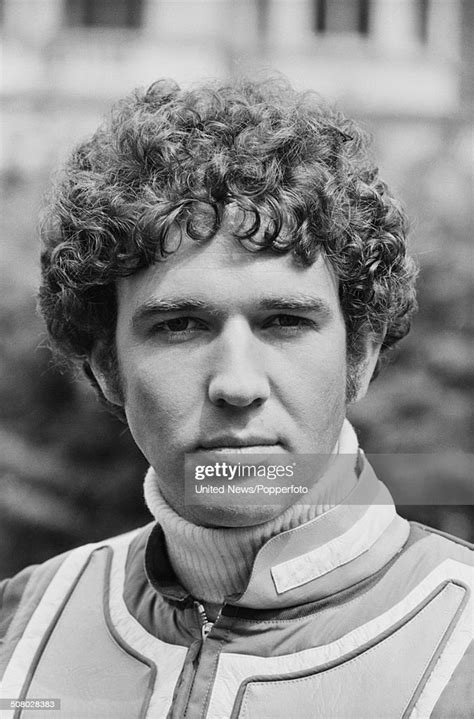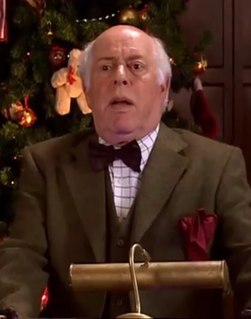A Quote by Ambrose Bierce
FORMA PAUPERIS. [Latin] In the character of a poor person - a method by which a litigant without money for lawyers is considerately permitted to lose his case.
Related Quotes
I have told somebody in court that 'I understand yours is the most important case in the world, and I'm trying to treat it as the most important case in the world, but five minutes from now I'm going to be dealing with the next person's most important case in the world.' For every litigant, theirs is the most important case.
Whenever I travel to a poor country, I try to help at least one person. Usually, that person helps me just as much - I can find a local poor person to be my guide or my interpreter. That person makes money from me, I make money from him or her, we both learn about each other. It's an equal win-win relationship.
In a very real way, the poor are our teachers. They show us that people’s value is not measured by their possessions or how much money they have in the bank. A poor person, a person lacking material possessions, always maintains his or her dignity. The poor can teach us much about humility and trust in God.
There is another method of obtaining money... It does not presuppose the existence of accumulated results of previous development, and hence may be considered as the only one which is available in strict logic. This method of obtaining money is the creation of purchasing power by banks. The form it takes is immaterial.
Honesty is the foundation of a sound character and the keystone of all other virtues. It is the cement without which all other redeeming features are fractured and without anchor. A dishonest person may be kind, witty, and very capable, but the strength of character simply isn't there. Honesty does not come by degrees. A person is either all honest or he is dishonest. You can be true or you can be false, but you can't be both at the same time.
































